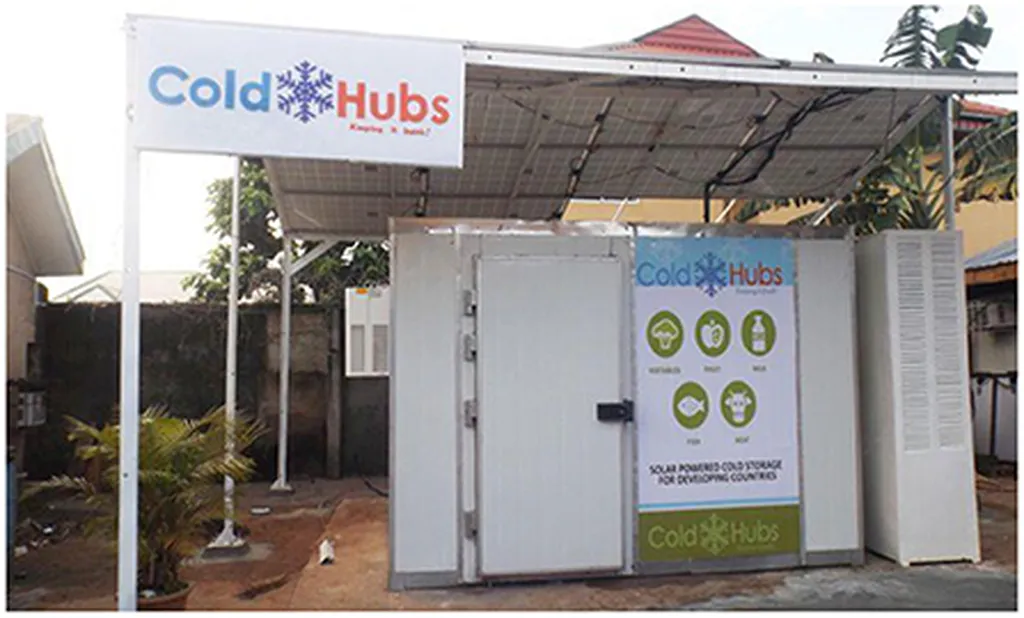In the heart of Tanzania, a groundbreaking study is shedding light on how vegetable producers perceive and adopt cold chain technology (CCT), a critical tool in reducing post-harvest losses and enhancing food security. Led by Josephine Joseph Mkunda from the Nelson Mandela African Institution of Science and Technology (NM-AIST), the research applies the Unified Theory of Acceptance and Use of Technology (UTAUT) model to understand the factors influencing the adoption of solar-powered modular cold chain technology among vegetable producers.
The study, published in the *Journal of Technology Management & Innovation* (translated as *Journal of Technology Management & Innovation*), reveals that performance expectancy—how well producers believe the technology will help them—is the most significant factor driving their intention to adopt CCT. “Producers are willing to accept and use the technology, but they need to see its tangible benefits,” Mkunda explains. Social influence and facilitating conditions, such as access to supportive infrastructure, also play crucial roles. Interestingly, while producers find the technology easy to use, this factor alone doesn’t significantly impact their adoption decisions.
This research is particularly relevant for the energy sector, as it highlights the potential for solar-powered cold chain technologies to transform agricultural practices in low-resource settings. By reducing post-harvest losses, these technologies can enhance food security and create new commercial opportunities for energy providers. “The findings underscore the importance of performance-driven messaging, peer influence, and supportive infrastructure in scaling agro-technologies,” Mkunda notes.
The study’s implications extend beyond Tanzania, offering valuable insights for policymakers, technology providers, and agricultural stakeholders worldwide. As the global population grows and climate change intensifies, innovative solutions like solar-powered cold chain technologies will be essential for building resilient food systems. By understanding the factors that influence adoption, stakeholders can better design and implement technologies that meet the needs of producers and contribute to sustainable development goals.
This research not only advances our understanding of technology adoption in agriculture but also paves the way for future developments in the field. As Mkunda puts it, “The willingness of vegetable producers to adopt this technology is a promising sign, but it’s crucial to provide the right support and training to ensure successful implementation.” With further investment and targeted interventions, solar-powered cold chain technologies could revolutionize the way we produce, store, and distribute food, ultimately enhancing food security and economic opportunities for producers worldwide.

